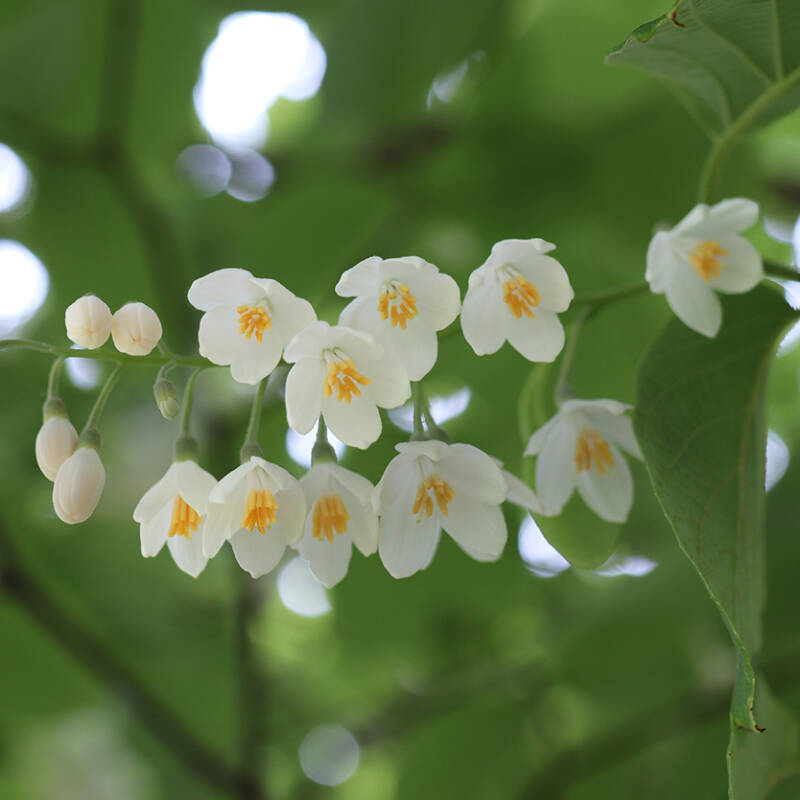I am a firm believer in the idea that when life gives you lemons, you should preserve them. If you don’t have an indoor lemon tree, head to the market.
Moroccan preserved lemons (known as l’hamd marakad) add an essential tartness to your culinary endeavors, tagines in particular. I was inspired after I picked up Moro East, London-based restaurateurs Sam and Sam Clark’s cooking companion (think pomegranate molasses, cauliflower and cumin soup). These lemons take about seven days to pickle, but all you need is the basics: fruit, salt, and a nice spice blend.
Here’s what you need (adapted from Epicurious):
- 5 lemons of any variety (Meyer, Lisbon, Bonnie Brae) from an indoor lemon tree or from the market
- 1/4 cup coarse sea salt
- 1 cup fresh-squeezed lemon juice
- Sterilized pint-sized mason jar
- Optional: Safi spices (see below) or green peppercorns, bay leaves, and coriander seeds.
Photography by Alexa Hotz for Gardenista.
Above: The ingredients: five Meyer lemons, a pinch of herbs, and a heaping pile of coarse salt. To find out how to grow your own indoor lemon tree, see “DIY: Potted Indoor Citrus Trees.”
Above: The traditional Safi mixture for Moroccan preserved lemons includes cinnamon, clove, coriander, black peppercorns, and bay leaves (see Epicurious for exact measurements).
Above: Quarter the lemons, leaving a half inch at the bottom uncut, then sprinkle coarse salt inside the fruit. For more, see “Indoor Lemon Tree (I’ll Take Two).”
Above: In addition to the dry ingredients, prepare 1 cup of fresh squeezed lemon juice to add to the jar.
Above: Add the lemons to a sterilized jar, add coarse salt and lemon juice, and stack the lemons to the top. Reseal the jar by submerging in boiling water or by the oven (for more information on canning and sterilization, see Canning Food Recipes).
Above: Moro East by Sam and Sam Clark (of UK restaurant Moro) is $35 from Amazon.
(N.B.: This is an update of a post originally published June 13, 2012.)
















Have a Question or Comment About This Post?
Join the conversation